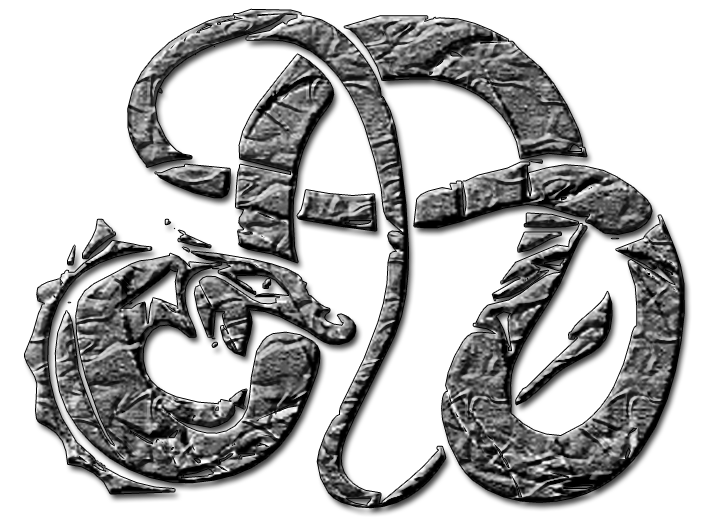The internet is full of crap, but not everything on the internet is crap is what has been coming across my monitor these past few hours. I recently was updating a Wikipedia page with a link to a well written review from Examiner.com when I found out that Examiner.com is on Wikipedia’s blacklist. This lead me to check out what other sites may be blocked and eventually I stumbled upon a growing List of Content Farms, that should probably be changed to “sites I don’t like”.
While I can understand that many search engines want to cut down on the amount of spam sites that pollute our search results, I would like us to take a breath, hold and exhale. I think a great write up that conveyed many of my same opinions on this matter was done here by SEO Theory.
And yet, by the PBS-Ickipedia definition, just about any news organization that publishes a 150 word blurb about breaking news must be a content farm, right? Wouldn’t Twitter be a Content Farm? And Ickipedia itself, right? – Michael Martinez
Personally, I think people are going a bit overboard when they claim sites like Examiner, eHow and Answers should be blacklisted from search engines. They aren’t any different than Yahoo, Google News, Mashable or even Slashdot. There is a difference between SEO and Spam, just as there is a difference between Content Farms and User Generated Content sites, though it’s not always easy to describe the difference, as one user elegantly put it:
It reminds me of art and porn – we know it when we see it and everyone defines “it” differently. – marcohmann

anon